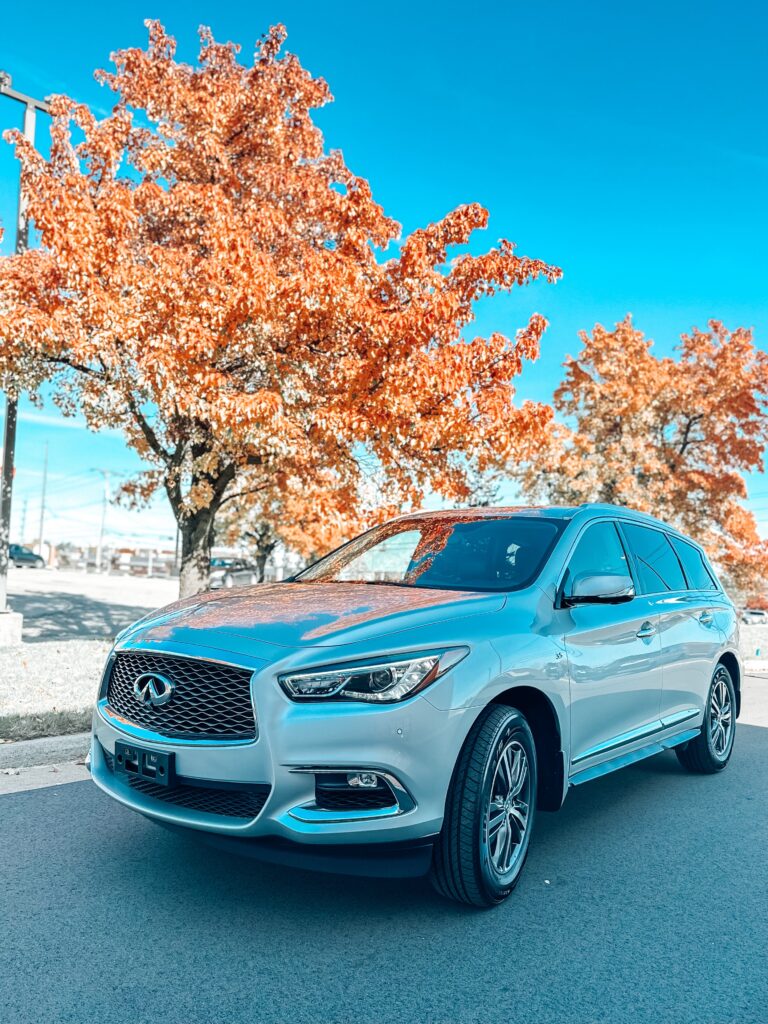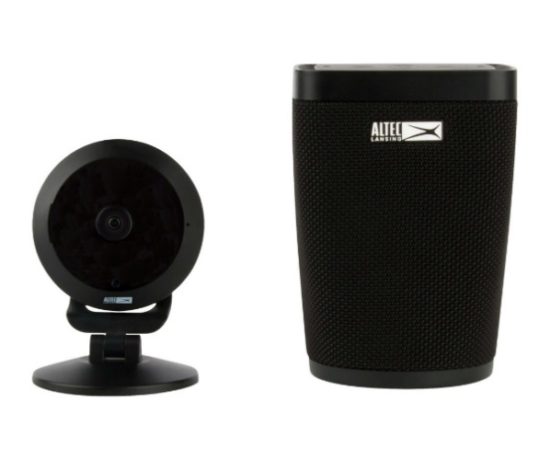Car insurance is more than a legal requirement or another expense. It is designed to protect you from any financial disaster in an accident.
Choosing the best policy will depend on your priorities. The right car insurer will offer competitive premiums, good customer service outside of claims, and the coverages you need.

What is Coverage?
Car insurance covers damage to your car and expenses you may incur if you are found liable for an accident. Car insurance, like professionals at https://carinsurancecheap.net/, is more than just a legal requirement in most places; it’s a vital shield against the financial burden of accidents, theft, and other unforeseen events involving your car. It protects you from financial hardship if an uninsured or underinsured driver hits you. Almost every state requires you to have liability coverage to drive legally.
Several considerations go into calculating your premium, including credit history, driving record, and the type of policy you select. Some drivers opt to take on more risk by choosing a higher deductible, but this should be done with seriousness as it can significantly impact your budget if you ever need to file a claim.
What is Liability Coverage?
Liability coverage is the foundation of your car insurance policy. It protects you from the financial devastation caused by injuries and damages you cause to other people and their property.
Accidents can happen fast, and damage bills add up quickly. Even minor fender-benders can cost hundreds or thousands of dollars in repair and medical expenses.
Your state may require you to have a minimum amount of liability coverage. However, most agents recommend higher limits for your protection and peace of mind. Increasing your limits will usually have little impact on your premium, but it’s important to discuss this with your agent. Increasing your limits will also increase your potential payout in the event of an accident you cause.
What is Collision Coverage?
Collision coverage is to pay for damage to your car in a crash with another vehicle or an object. Like comprehensive, it generally has a deductible you must pay before your insurance company begins covering costs.
You might select a higher or lower deductible when purchasing collision coverage. Still, it’s essential to consider the actual cash value of your vehicle and how much you are willing to pay out of pocket before an accident occurs. You may decide that collision coverage isn’t worth the cost if your vehicle is old and not worth a lot anymore.
What is Comprehensive Coverage?
Comprehensive coverage pays for damages to your car caused by non-driving incidents such as fire, animal collisions, and broken glass. It also covers some of the expenses associated with theft and vandalism. Typically, this coverage is added to your liability insurance and collision coverage in one policy.
Your premium for comprehensive coverage is based on the value of your car, where you live, and whether or not you have an auto loan—the more expensive your car, the higher the premium. When filing an insurance claim, your payout is determined by calculating the cost of repairing or replacing your vehicle based on its actual cash value and your comprehensive deductible.
What is Uninsured Motorist Coverage?
Uninsured motorist coverage (also called uninsured motorist bodily injury coverage or UMBI) spares you the financial strain of an accident with an at-fault driver who doesn’t have car insurance. It typically costs less than liability coverage and is available in most states. Bankrate’s insurance editorial team recommends choosing limits that match or exceed your liability coverage.
UM coverage also pays for medical bills and property damage caused by hit-and-run drivers. It’s optional in most states, but it’s a good idea to have this coverage in case an uninsured or underinsured driver hits you. UM range often comes in two limits: per person and accident.
What is Underinsured Motorist Coverage?
In an accident, if the at-fault driver has insufficient liability insurance or their policy limits are too low to cover the damages you incur, your underinsured motorist coverage (UM/UIM) may pay for your expenses. Learn more about this type of coverage.
While UM/UIM isn’t required in all states, it’s usually a good idea. It helps protect your assets and covers medical bills for you and your passengers if the at-fault driver doesn’t carry or has insufficient coverage. Typically, drivers choose limits for their UM/UIM similar to the ones they set for their liability coverage. You can even stack these limits, which will typically increase your premium.



